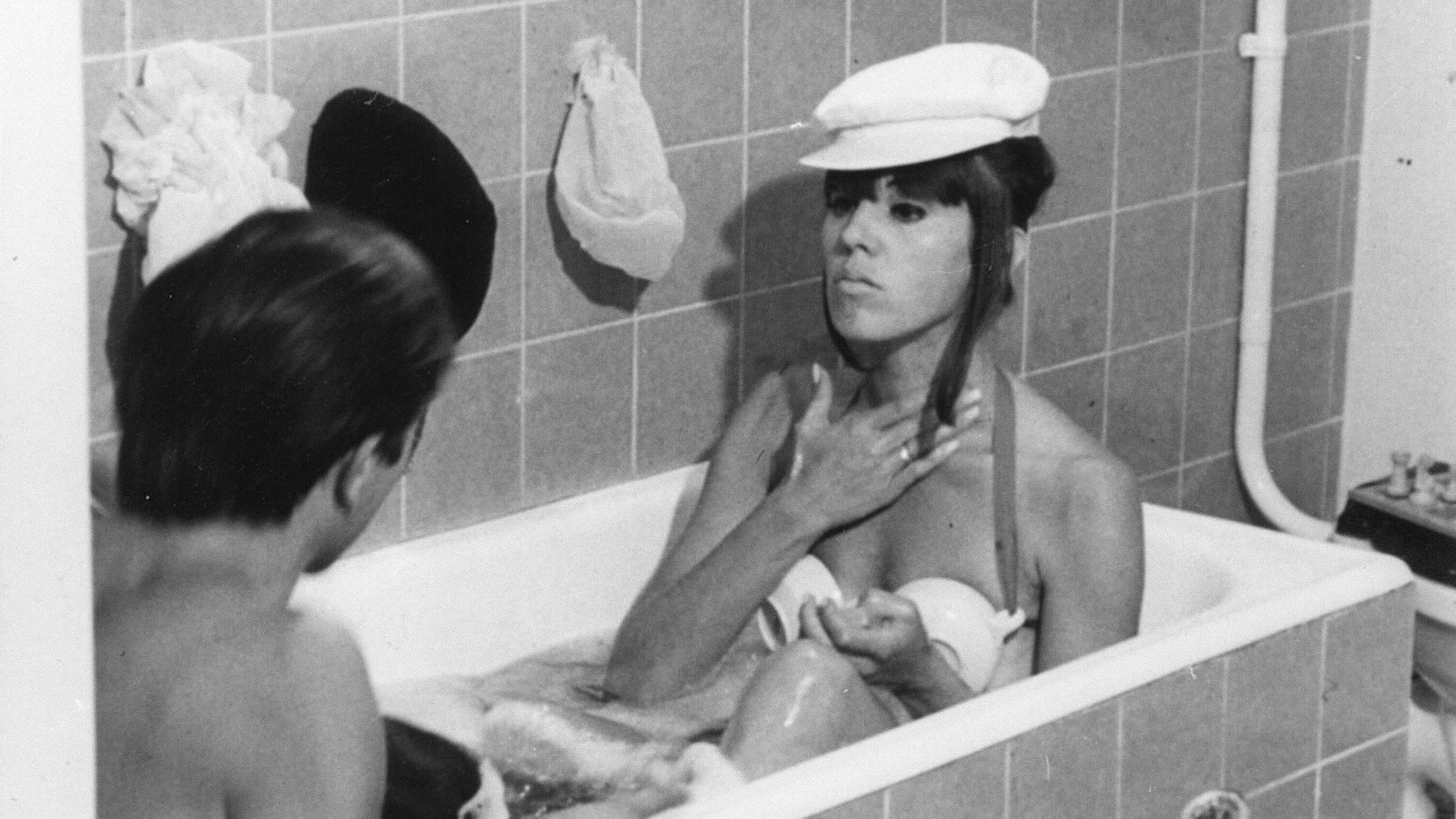
The New Munich Group
Short film program and book presentation with Dr. Marco Abel
The New Munich Group represented one of the most intriguing movements in West German cinema between 1964 and 1972—particularly because it swam against the current of what is commonly referred to in film historiography as the “Young German Cinema.” This label, associated with the so-called “Oberhausen” filmmakers and, in the 1970s, with the “New German Cinema,” emerged partly at the expense of The New Munich Group. Despite a few commercially successful films (Zur Sache Schätzchen, Nicht fummeln, Liebling) and critical acclaim—especially from critics who, in the late 1960s, positioned themselves as the “aesthetic left” in opposition to a “political left” that, in their view, reduced films to their sociological content and meaning—the charming, “light” films by Rudolf Thome, Klaus Lemke, Max Zihlmann, Roger Fritz, the duo May Spils & Werner Enke, and the youngest member of the group, Martin Müller, have largely disappeared from film historiography and broader public consciousness, aside from the occasional retrospective.
What distinguishes these “light” films and their protagonists from other works of the so-called Young German Cinema is explored by German-American film scholar Dr. Marco Abel in his recently published book Casually at the Abyss: The Cinema of The New Munich Group (1964–1972). To mark the book’s release, we will screen a selection of stylistically defining short films from the 1960s: Galaxis (1967, Rudolf Thome), Manöver (1967, May Spils), Duell (1966, Klaus Lemke), Frühstück in Rom (1965, Max Zihlmann), Zinnsoldat (1968, Martin Müller), Sabine 18 (1967, Marran Gosov) and, if there is still room, a few surprises and extras!
Films
Duell
In this action film, a young couple is invited to his boss’ house. On the way, he gets out for a cigarette and she takes the wheel and speeds off. He hails a cab and pursues her through night-time Munich. The chase takes him through back courtyards, malls, night clubs and bars. At the end of the duel, she’s the clear victor.

Manöver
The ringing of the alarm clock leads to a state of emergency. A married couple demonstrates how to get out of bed: presto! It’s kinda like a swinging Munich commentary on Vietnam, but much more like a rather bizarre variation on twosomes. Spils’ second short film was made following her debut Das Portrait and was also picked up by Constantin Filmverleih. Manöver ran for several weeks as a supporting short in cinemas and became one of the audience favorites at the Oberhausen Short Film Festival in 1966.

Galaxy
We are in the year 2000: most of the terrestrial men are enslaved. Three young women order two men and ask them which of them they would prefer. Thome's third short film gets straight down to business in style: everything is empty and low, anticipating the clean lines of the Eighties. But Galaxis is supposed to depict the time shortly after the turn of the millennium, and this is where feminist amusement takes place, clever and pretty and nasty, and with no promising prospects for any of the men involved.

Frühstück in Rom
Ingrid Cavens' first appearance on screen takes place in the cinephile milieu of Munich in the mid-1960s and references the role models of the Nouvelle Vague: the game of seduction, the relaxed tone, the city as a setting with its cafés, cinemas, and the pinball machine and jukebox featured in the film. It's about a marriage proposal to Sandra (Ingrid Caven), flippant remarks about marriage, and film criticism. “Criticism is a matter of morality,” agree two young critics chatting in front of a poster for Truffaut's La peau douce in the cinema foyer.
Zinnsoldat
Oh idleness, oh idleness, you sacred treasure, the only fragment of godliness that remains to us from paradise. After graduation, one enjoys relaxed days, a pretty girlfriend, and secure rent thanks to Dad's money. But the money tap threatens to be turned off—if no job is found. And what if, of all things, a Bundeswehr uniform is the answer to Paul's lazy dilemma?

Sabine 18
Sabine hasn't yet. Her boyfriend is shocked. What else can she do but ask a good friend! Things take their course... and become complex. In 1960, the Bulgarian Gosov, aged 27, left Sofia for Munich and quickly found his place among the Schwabing bohemians. His seventh short film, shot in his own apartment, has a very French feel to it, a kind of laconic Rohmer, if such a thing is conceivable.

